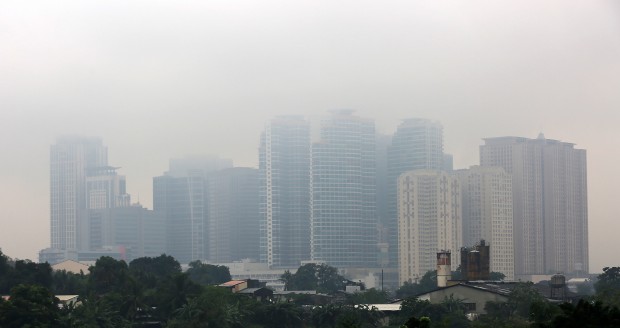DOH: How to have a healthy Christmas
THE DEPARTMENT of Health (DOH) has advised the public to be cautious of common illnesses such as respiratory infections that may occur during the holidays due to the cool rainy weather.
For those who leave their homes very early in the morning to attend the dawn Masses or “Simbang Gabi” or stay out late at night for parties, the DOH advised they wear appropriate clothing as protection against the cool weather, especially for children and the elderly.
People who already have fever, cold or cough are advised to immediately seek medical attention and avoid crowded places to avoid complications.
Vulnerable to illness
“The cold weather usually triggers respiratory problems unless appropriate preventive measures are taken, especially in areas affected by Typhoon “Nona” (international name: Melor). Take care of yourself and your family against changes in temperature. Children and adults may be vulnerable to cough, cold and fever.” Health Secretary Janette Garin said in a statement.
Article continues after this advertisementShe said that personal hygiene and hand-washing were the key to prevent illness.
Article continues after this advertisement“People in evacuation centers are encouraged to wash their hands with soap and water before preparing food, and before and after eating. Also, wash your hands after using the comfort room,” she said.
Boil 2 minutes
She suggested boiling water at least two minutes before drinking.
Garin urged mothers with babies to continue breast-feeding.
“Breast milk is the best and safest food for babies.”
Infant formula is not allowed for donation to typhoon victims since drinking water needed to prepare the milk is unreliable in times of emergencies and calamities. Donating infant formula is also in violation of the Milk Code, a law that promotes breast-feeding.
In areas affected by floods, Garin warned residents against wading in floodwater, saying it may be contaminated with the urine or feces of rats and could cause leptospirosis.
“But if wading can’t be avoided, wear boots and immediately wash the exposed body parts with soap and clean water,” she said.
Meanwhile, DOH-retained hospitals, regional offices and facilities nationwide will go on “Code White Alert” starting Dec. 21.
The “Code White Alert” level puts all hospital personnel on stand-by for deployment and augmentation as the need arises.
